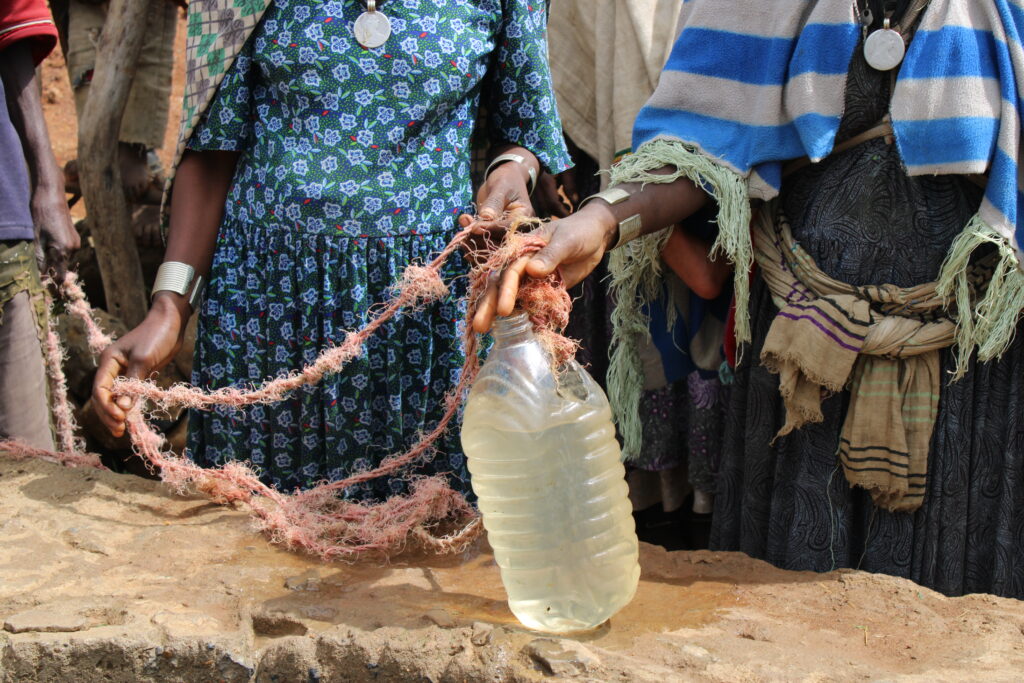
By Molly St. Clair, Western Kentucky University senior Journalism student
Imagine walking an hour every day, multiple times, to get water – water that is unclean and can cause illness, disease and other serious complications.
Next, imagine doing this in the sweltering heat while 9 months pregnant.
Now, imagine going into labor and giving birth without medical help or anything of comfort while on the walk to get water.
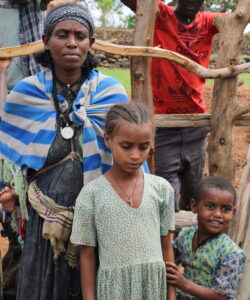
Ezabnesh and two of her daughters during a discussion about the impact of clean water. She carries the child she gave birth to during the walk to collect water on her back.
This is what happened to Ezabnesh, a 40-year-old woman and mother of 6 children living in a village outside of Gondar, Ethiopia. She and her friends would walk to Lake Tana multiple times a day to retrieve water for their family members.
Stories like these plague Ethiopia. With the second largest country population in Africa at 120.3 million, over half don’t have clean water. That’s 64 million people without clean water.
Women walk miles with babies on their backs while simultaneously lugging 40-to-60 pounds of water. They also face abduction and rape during their venture to a river, lake, pond or other water source.
To compound these issues, families are perpetually sick because of leeches, worms or bacteria contaminating their drinking water. Due to sickness, they can’t work to provide for their family and children can’t attend school.
Today, Ezabnesh and her village have clean water. Her six children no longer face water-born diseases, and she doesn’t have to worry about her daughters or her own safety walking to get water.
Villages like Ezabnesh’s are changed forever because of access to clean water. While the problem that torments over half a million people in Ethiopia can’t be solved overnight, each well eats away at that number.
With each well, we are reducing the suffering of hundreds of people and growing closer to a world where these devastating issues can become afflictions of the past.
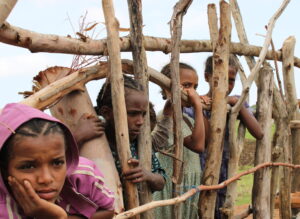
Four young girls hang onto the posts that protect the well in Ezabnesh’s village. They listen to adults discussing life before and after access to clean water.
2023 June Vision Trip

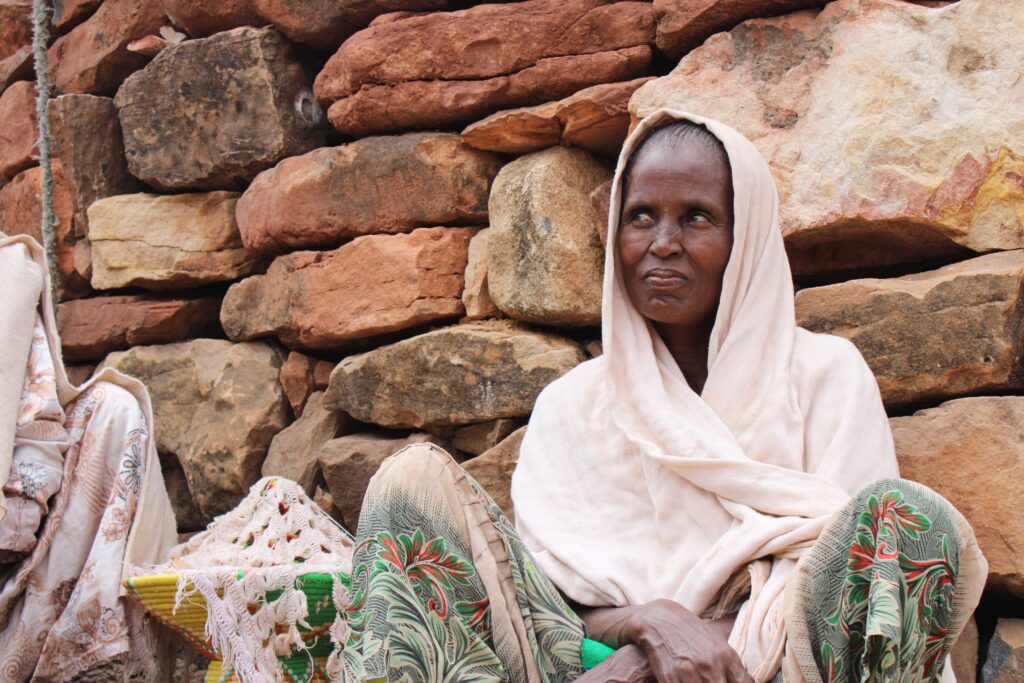
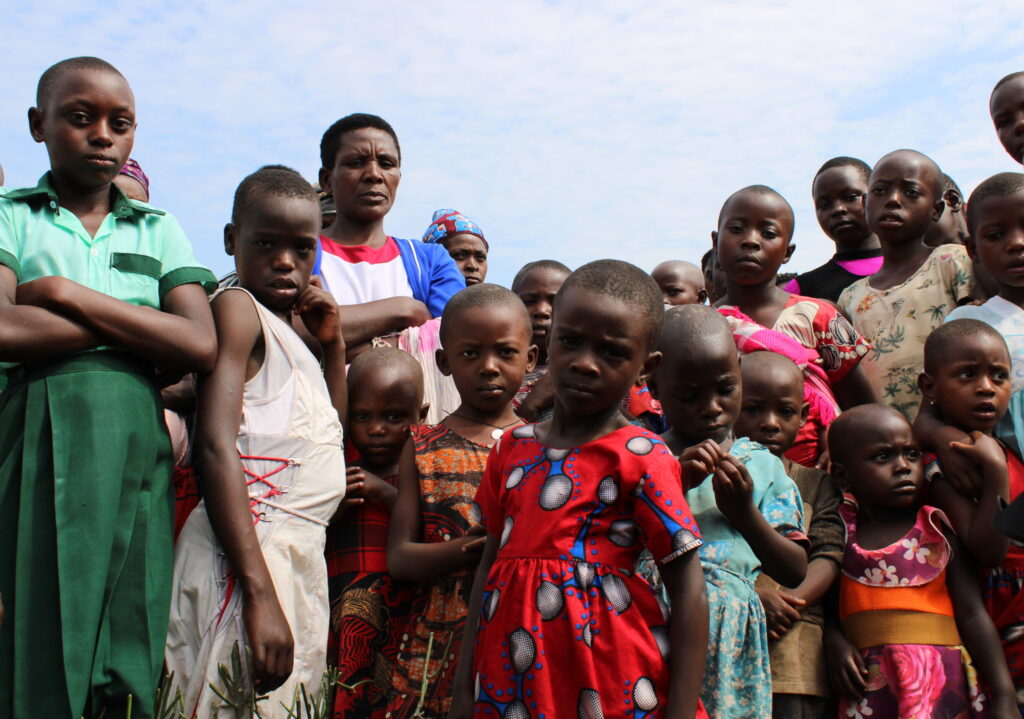
About The Author: Molly Jane St. Clair
More posts by Molly Jane St. Clair